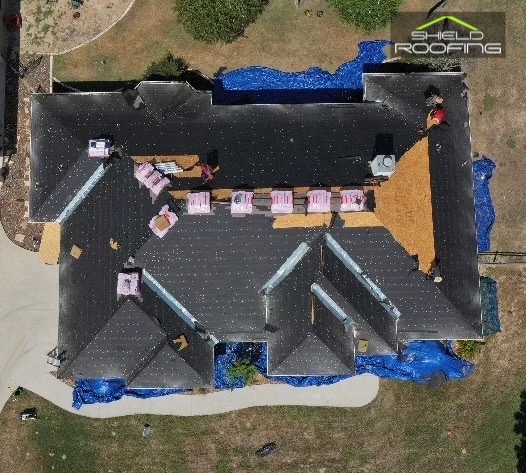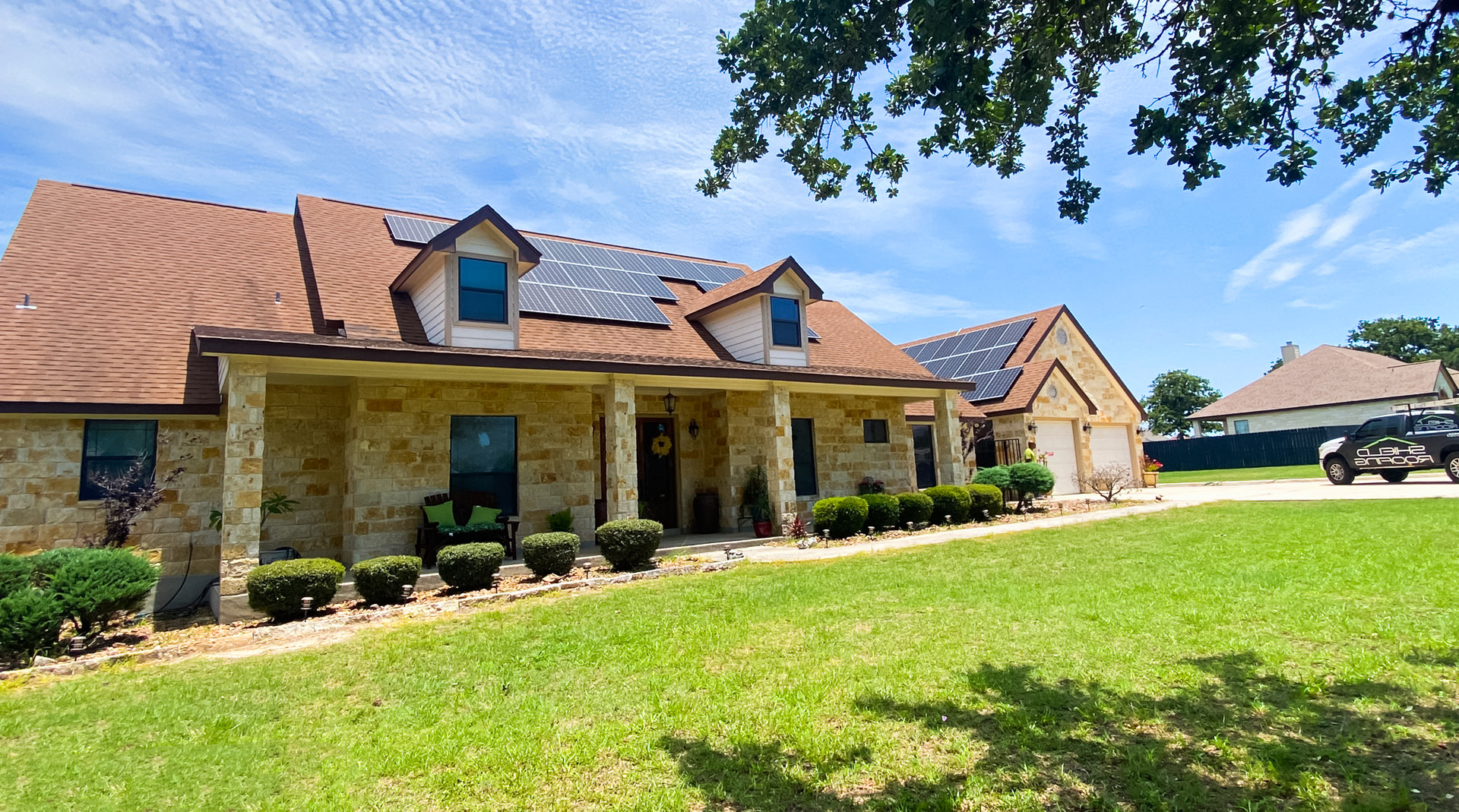The problem of a landlord not fixing a leaky roof in Texas is one that many tenants may face. This article will discuss the legal options available to renters who find themselves in this situation, as well as provide advice on how to best handle it. It is important for tenants to be aware of their rights and know what steps they should take if their landlord refuses to make necessary repairs.
Additionally, understanding the state laws concerning landlords and tenants can help them protect their interests and ensure that they receive timely repair services from their landlord. By taking into account the following information, tenants can better prepare themselves when dealing with a reluctant or uncooperative landlord.
Overview Of Tenant Rights In Texas
Texas law outlines a tenant’s rights and responsibilities. It is important for tenants to understand their basic legal right prior to signing a lease or rental agreement. Landlords are responsible for providing safe, livable conditions including repairs of any major issues such as leaky roofs. Tenants have the right to withhold rent if these problems are not addressed in a timely manner.
The Texas Property Code sets out specific duties that landlords must fulfill when it comes to maintenance and repair of their properties. For example, landlords must make sure all electrical, plumbing, sanitary systems, heating, air conditioning systems and other essential appliances work properly.
Additionally, they must keep common areas safe from hazards like exposed wiring or broken steps. If there is an emergency situation like water leakage from the roof then the landlord has 24 hours to take action and begin repairs.
Duties Of A Landlord To Make Repairs
In Texas, a landlord is obligated to keep the rental unit in good repair and make necessary repairs. This includes repairing any leaky roofs that may occur during the tenancy. Tenants have certain rights if their landlord fails to make these repairs. They can give written notice to the landlord of what needs to be repaired and allow reasonable time for it to be completed; if nothing is done after this period, they can conduct a “repair-and-deduct” or file a lawsuit against the landlord.
A tenant has the right to deduct from rent money spent on making repairs themselves if allowed by city laws; however, deductions must not exceed one month’s worth of rent and all receipts must be kept as proof.
Additionally, tenants are also able to withhold rent until the needed repairs are made in some cities such as Austin when approved by law enforcement officials; withholding rent requires court approval because it can result in an eviction action being taken by landlords. It is important for tenants with leaking roofs to contact their local government agency or hire an attorney who specializes in property law for more information about how best to proceed.
Steps To Take If The Landlord Refuses To Repair Leaking Roof
When it comes to rental properties, landlords are legally obligated to make repairs that keep their tenants safe and living in acceptable conditions. If a landlord refuses to repair a leaking roof, they may be violating the law and could face legal consequences. Tenants have several options when dealing with this issue: contacting local housing authorities, filing complaints or lawsuits against the landlord, and seeking assistance from tenant advocacy organizations.
First, tenants should contact local housing authorities for advice about how to proceed if the landlord does not fix the leaky roof. Depending on state laws, there may be specific requirements regarding what action must be taken by the landlord before any legal measures can be taken by the tenant.
Additionally, some states require landlords to provide written notice of potential hazards due to leaks or other issues related to the property’s condition. In Texas specifically, landlords must maintain habitable premises under Section 92.056 of Property Code; failure to do so is considered a breach of contract which entitles tenants certain rights such as terminating their lease agreement without penalty or recovering damages resulting from health problems caused by habitability issues like a leaking roof.
Tenants also have the right to file a complaint against their landlord or even pursue legal action through small claims court if needed. It is always best for both parties involved if disagreements between them can be resolved informally first via constructive communication but if that fails then more serious steps might need to be taken including getting help from an attorney or tenant advocate group who specialize in assisting renters with these types of disputes with their landlords over deteriorating property conditions like faulty roofs that won’t get fixed properly after repeated requests for repairs.
Filing A Complaint With The City Or County
In many areas, tenants are able to file a complaint with their local city or county if the landlord is not upholding necessary repairs in the rental unit. This may be an effective way of getting resolution since cities and counties often have laws that require landlords to make certain repairs within a reasonable time frame. To begin this process, tenants should contact their local housing department for details on how to proceed with filing a complaint.
In Texas specifically, those who feel they need assistance can reach out to the state’s Attorney General office for help resolving any issues with their landlord related to maintenance and repair requests. The Attorney General has specific departments set up for tenant-landlord disputes which include trained personnel who can advise tenants through every step of the dispute process as well as provide them with resources such as legal aid centers and forms needed to submit complaints.
Rent Withholding As Last Resort
Rent withholding is an option available to tenants in Texas if the landlord has not made efforts to repair a leaky roof. Rent withholding involves ceasing payment of rent until repairs are completed, and can be used as a last resort measure when all other attempts have failed. Tenants should make sure their local laws allow for rent withholding before taking this action, since some states prohibit it or limit how much money may be withheld from rent payments.
It is important that tenants take appropriate steps prior to deciding to withhold rent. This includes documenting the issue with photographs and written communications sent via certified mail, making contact with state agencies such as health departments, and providing notice directly to the landlord about the problem requiring resolution.
In order for rent withholding to be an effective strategy, tenants must ensure they follow relevant procedures correctly; otherwise this course of action may not be successful or could lead to legal ramifications for individuals who do not observe proper protocol.
Seeking Legal Advice
In Texas, tenants have the right to seek legal advice from a lawyer in situations of landlord negligence regarding repairs. Tenants should file an official complaint with their local housing authority or visit the local courthouse for assistance. A tenant can also contact Legal Aid offices located throughout the state to receive free consultation and representation.
Additionally, if a lease is in place between the tenant and landlord, any provisions related to repair requirements should be reviewed by a qualified attorney. This will help ensure that all parties are aware of their rights and obligations under the agreement.
Tenants may also consider filing a small claims lawsuit if they cannot reach an agreement with their landlords on how best to resolve issues surrounding maintenance and repairs such as leaky roofs. If successful, this type of action would result in monetary compensation to cover damages caused by neglected repairs.
However, before taking this step it is advised that potential litigants consult with a lawyer specialized in cases dealing with residential tenancies in order to determine which option best suits their needs.
How To Prevent Future Problems
It is important to take proactive steps in order to prevent future problems with the landlord. The tenant should keep a detailed record of all communication with the landlord regarding any maintenance requests, including dates and details of their conversations. All written communications should be sent via certified mail or email so there is proof that it was received by the landlord.
Additionally, the tenant should make sure to always pay rent on time as this can help protect against eviction for nonpayment if an issue arises later on. Lastly, tenants may want to consider putting some type of escrow account into place prior to signing a lease agreement where money could be deposited each month until repairs are made, ensuring that funds are available when needed. By taking these precautions and following up regularly, tenants may be able to avoid major issues with their landlords in the future



